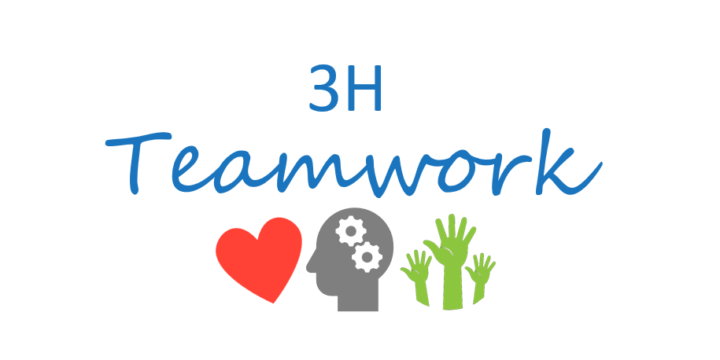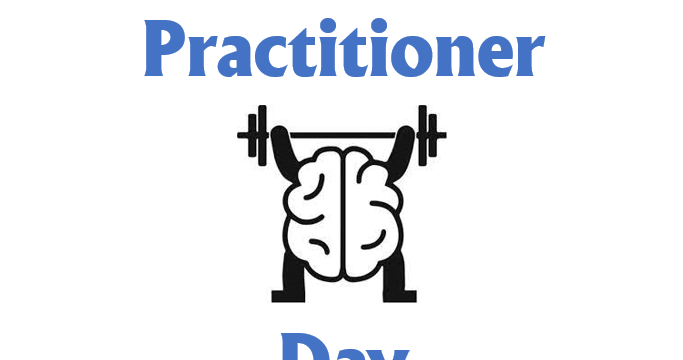
3H Teamwork – May 16th & 31st (CANCELLED)
Back by popular demand, the 3H Teamwork class is a mini, team member focused version of our well known 3H Leadership class. This 2-session series focuses on: Personal Responsibility Personal Communications Constructive Confrontation Title: 3H Teamwork – Engaging your Heart, Head, and HandsFacilitator: Kari Penca Course Description:Lean organizations strive to continuously improve quality, lead-time and cost performance by harnessing the natural problem-solving creativity of all employees on a daily basis. This focus on problem-solving capability naturally emphasizes the importance of engaging employees critical thinking skills – their “heads”. Tapping the full potential of their creativity, however, also relies on engaging their human need to contribute and be creative – their “hearts”. 3H Teamwork is a series of two focused sessions for individual team members. These two sessions explore the building blocks for…

